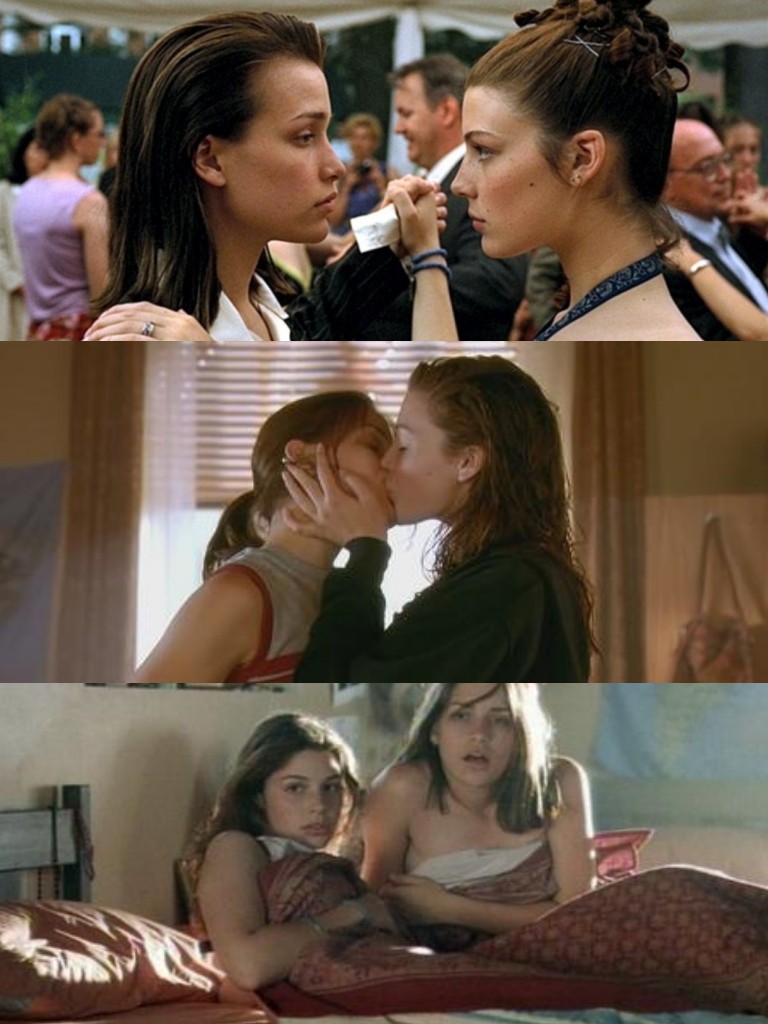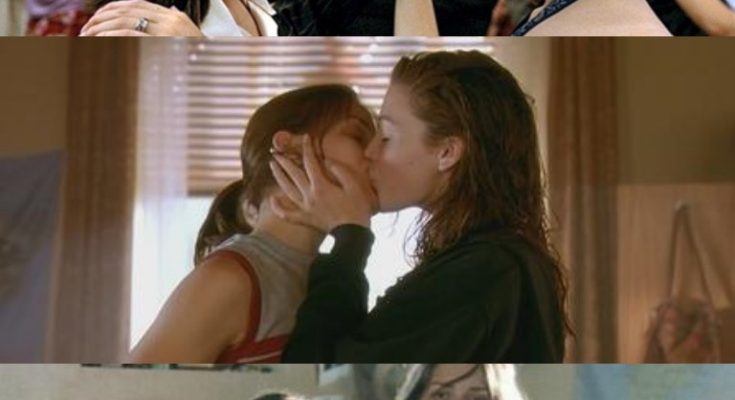Léa Pool’s Lost and Delirious (2001) is a haunting, poetic exploration of first love, identity, and heartbreak set within the cloistered walls of a girls’ boarding school. Beneath its surface lies a raw and aching portrait of adolescent passion—love so fierce it refuses to be muted, even when silenced by the world around it. With standout performances, especially by Piper Perabo as the fiery and fragile Paulie, the film captures the urgency of young love and the devastation of rejection with visceral intensity.
A Boarding School World Apart

The story unfolds through the eyes of Mary (Mischa Barton), a shy new student at an all-girls boarding school. Quiet and observant, Mary becomes the unwitting witness to a love affair between her two roommates: the rebellious Paulie (Piper Perabo) and the elegant, more reserved Tori (Jessica Paré). Their love is secret but all-consuming—until it is abruptly fractured when Tori, under pressure from her conservative family, denies the relationship and distances herself from Paulie.
What follows is not just a breakup, but a psychological unraveling. Paulie, unwilling to let go or live a lie, begins a descent into emotional and symbolic defiance. Her love, now rejected, becomes something wild and uncontainable—a beautiful, painful thing that burns in silence.
A Performance That Transcends
Piper Perabo’s portrayal of Paulie is the film’s emotional core. She delivers a performance filled with anguish and defiance, alternating between theatrical bravado and silent, soul-crushing heartbreak. Paulie is Shakespearean in her love and loss, and Perabo plays her not just as a teenager in love, but as a tragic figure fighting against the crushing conformity of the world.
Jessica Paré’s Tori is a poignant foil—torn between love and fear, desire and duty. Her internal conflict is quietly devastating, and her decision to conform resonates with all the quiet tragedies of growing up in a world that punishes difference.
The Power of Silent Love
The film’s title—Lost and Delirious—is apt. It’s not just about romantic love, but the loss of self that can come with love denied. Much of the film’s power lies in what remains unspoken: glances held too long, a quiet moment of yearning, the hollow sound of footsteps in an empty hallway. Léa Pool’s direction imbues even silence with intensity, and the visual poetry of the film—moody lighting, symbolic use of nature, recurring images of birds—amplifies the characters’ emotional turbulence.
The boarding school setting feels both suffocating and ethereal, a world removed from reality where love feels larger, more dangerous, more sacred.
Themes of Identity and Repression
Lost and Delirious confronts the pain of being different in a society that demands conformity. Paulie’s refusal to closet herself, to pretend or diminish her love, is a radical act. But it comes at a cost. The film doesn’t offer tidy resolutions; instead, it forces the audience to sit with the weight of rejection, the ache of hiding, and the madness that can come from love that’s denied a voice.
Mary, the quiet observer, is transformed by what she sees—not just by the love between Paulie and Tori, but by Paulie’s refusal to silence her truth. Through Mary’s eyes, we see that even in silence, even in loss, love can burn brightly, refusing to die quietly.



